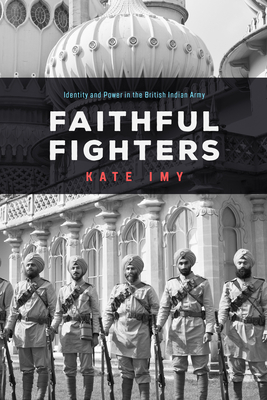Expedite your nonfiction book discovery process with Readara interviews, summaries and recommendations, Broaden your knowledge and gain insights from leading experts and scholars
In-depth, hour-long interviews with notable nonfiction authors, Gain new perspectives and ideas from the writer’s expertise and research, Valuable resource for readers and researchers
Optimize your book discovery process, Four-to eight-page summaries prepared by subject matter experts, Quickly review the book’s central messages and range of content
Books are handpicked covering a wide range of important categories and topics, Selected authors are subject experts, field professionals, or distinguished academics
Our editorial team includes books offering insights, unique views and researched-narratives in categories, Trade shows and book fairs, Book signings and in person author talks,Webinars and online events
Connect with editors and designers,Discover PR & marketing services providers, Source printers and related service providers

Faithful Fighters: Identity and Power in the British Indian Army
History > Asia - India & South Asia
- Stanford University Press
- Hardcover
- 9781503610026
- 9.1 X 6.3 X 1.1 inches
- 1.45 pounds
- History > Asia - India & South Asia
- (Single Author) Asian American
- English
Readara.com
Book Description
During the first four decades of the twentieth century, the British Indian Army possessed an illusion of racial and religious inclusivity. The army recruited diverse soldiers, known as the Martial Races, including British Christians, Hindustani Muslims, Punjabi Sikhs, Hindu Rajputs, Pathans from northwestern India, and Gurkhas from Nepal. As anti-colonial activism intensified, military officials incorporated some soldiers' religious traditions into the army to keep them disciplined and loyal. They facilitated acts such as the fast of Ramadan for Muslim soldiers and allowed religious swords among Sikhs to recruit men from communities where anti-colonial sentiment grew stronger. Consequently, Indian nationalists and anti-colonial activists charged the army with fomenting racial and religious divisions. In Faithful Fighters, Kate Imy explores how military culture created unintended dialogues between soldiers and civilians, including Hindu nationalists, Sikh revivalists, and pan-Islamic activists. By the 1920s and '30s, the army constructed military schools and academies to isolate soldiers from anti-colonial activism. While this carefully managed military segregation crumbled under the pressure of the Second World War, Imy argues that the army militarized racial and religious difference, creating lasting legacies for the violent partition and independence of India, and the endemic warfare and violence of the post-colonial world.
Author Bio
I am a historian of war and empire teaching classes on questions of identity (race, gender, class, religion) in the twentieth-century British imperial world. My first book, Faithful Fighters: Identity and Power in the British Indian Army was released by Stanford University Press in 2019. My second book project examines the colonial origins of the "hearts and minds" idea of war, and is entitled "Hearts and Minds: War, Empire, and Military Culture in Singapore and Malaya."
I have conducted research and presented my work in India, Nepal, the U.K., Australia, Singapore, and New Zealand. I have received a Lee Kong-Chian Stanford-NUS fellowship, a Fulbright fellowship (India), a fellowship from of the Institute of Historical Research (London), and two U.S Department of State Critical Language Fellowships (Hindi and Urdu). My service to the university and profession include my current role as managing editor of the British Journal for Military History.
I have coordinated or co-organized several international conferences and events, including mentoring networks on "Borderlands and Migrations" and "Women in Military History," three conferences related to the History of the Body, and a conference at UNT entitled "Imperial Legacies of 1919." I am interested in advising students on topics related to war, identity, and empire.
Source: University of North Texas
Videos


Community reviews
No Community reviews

